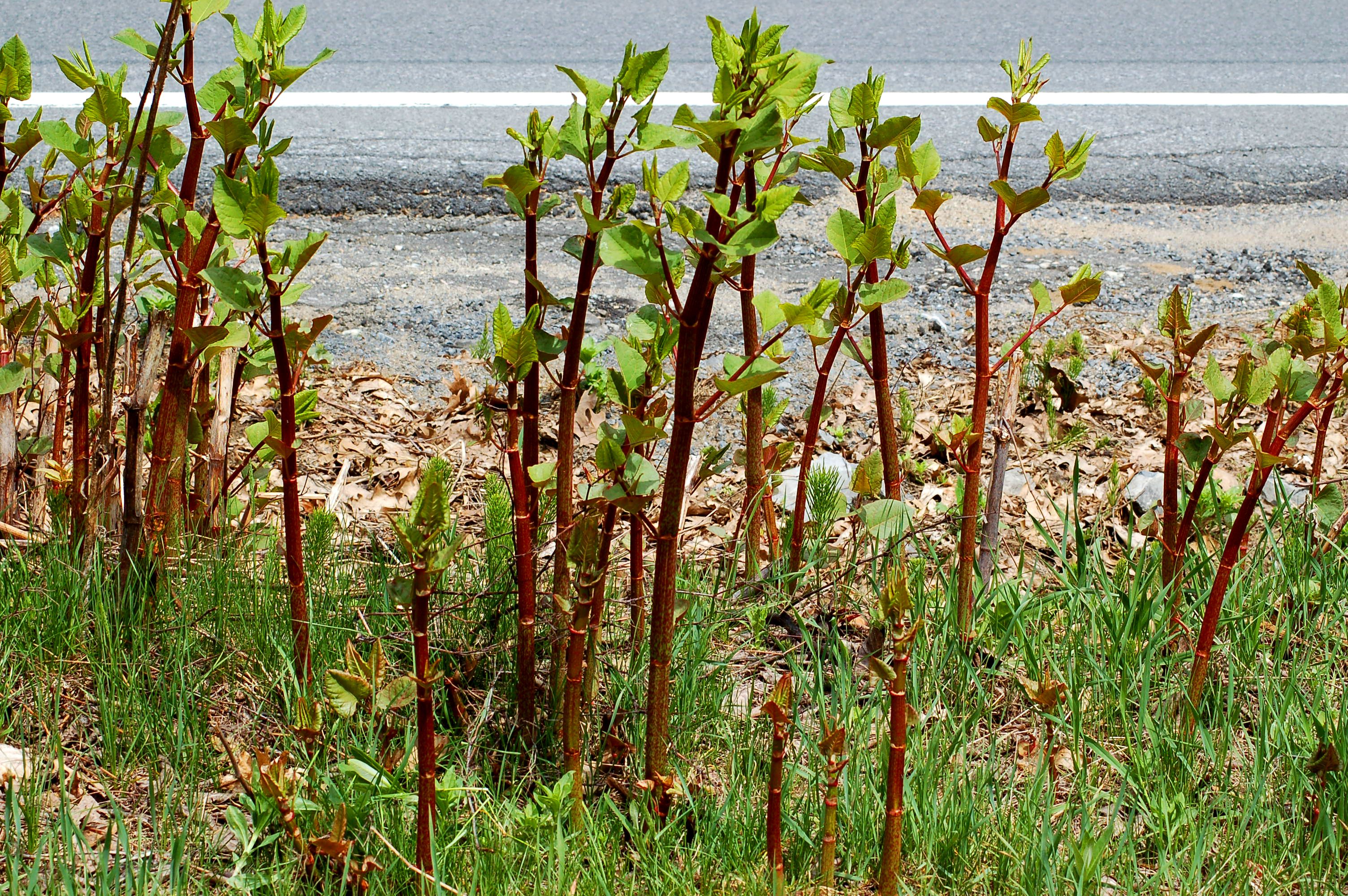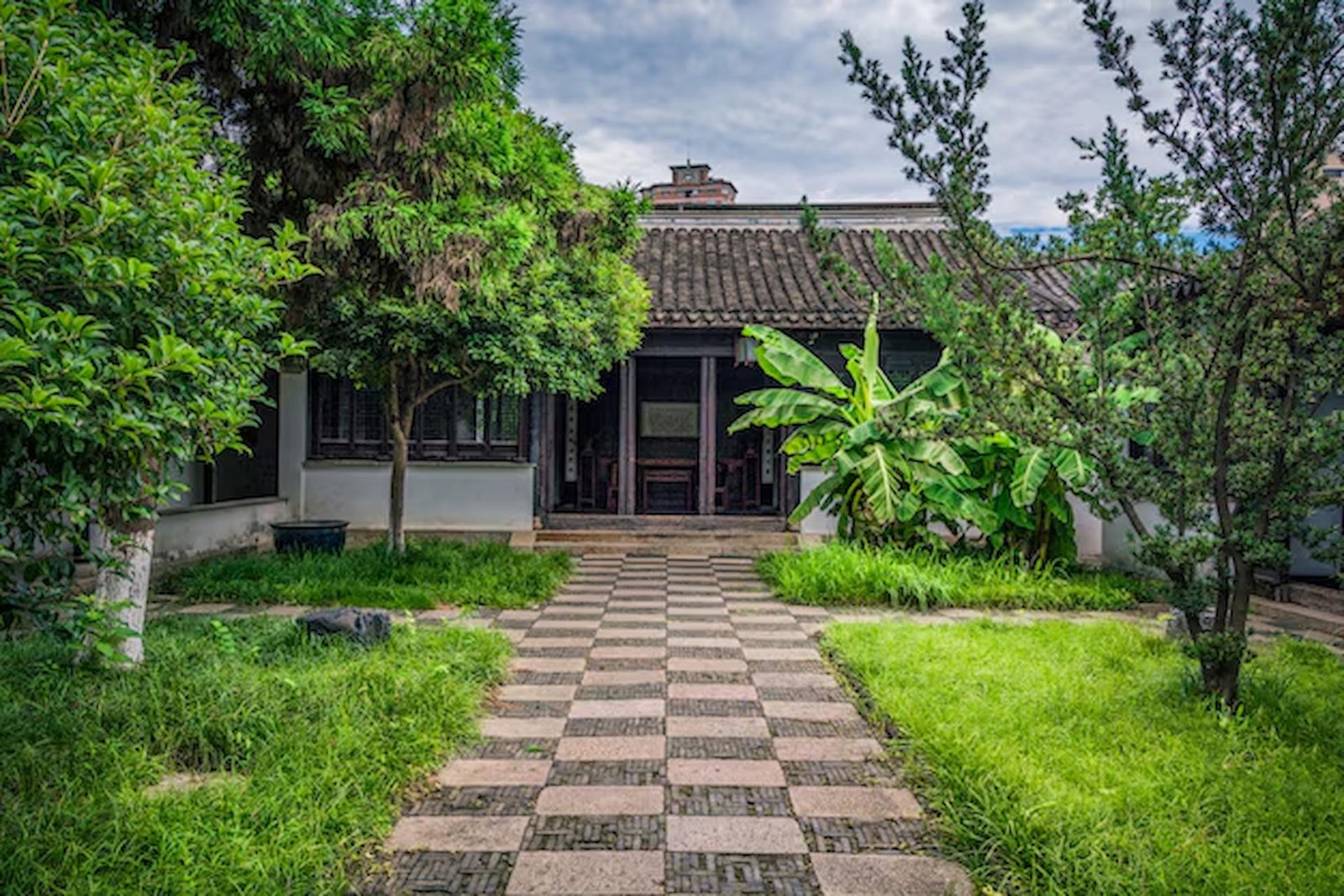The Japanese knotweed entered the gates of Europe in the 19th century. It’s one of the most dangerous and hard to control weeds that growinvasively in most homes all over Europe. The worst part about it is that fungi or insects don’t affect it. And controlling it has proven to be one of the hardest jobs ever. If you’re wondering as to how to remove Japanese knotweed in your garden or lawn, you should consider hiring an expert. Let’s have a look at the key reasons this weed is considered a nuisance.
Biodiversity
Due to its biodiversity nature, knotweed crowds native vegetation causing serious limitation to the animal and plant species diversity. Based on research conducted some years back, it was confirmed that this noxious weed greatly affects species diversity. It was also discovered that the weed releases toxic chemicals that make plants unable to grow.
Flood and Water Quality Risk
Based on studies, it was confirmed that aquatic organisms don’t have the power to deal with the suppressing effects of this weed. During the summer period, when vegetation is dense and super green, the weed will trigger the untimely shading of small streams, something that can affect anumber of aquatic plants. These weedsare also known to lower the levels of river channels and block grids and sluices, something that risks the chances of floods. This ends up causing increased silting of fish spawning gravel and soil erosion,especially during winter when most of the weeds are dead.
High Control and Eradication Costs
The removal and control of the Japanese knotweed is extremely costly. In Great Britain, the cost of eradicating knotweed is estimated to be more than 1.56 billion pounds per year. Considering that most control methods used to require the use of toxic chemicals and other unsustainable substances, they are not recommended. The issue of high cost of eradication combined with the toxic chemicals used has made most people consider this weed a nuisance.
Infrastructure and Housing Devaluation
Knotweed is known to have strong underground stems that notoriously push through concrete, drains, asphalt, walls, and building foundations as they sprout out. As they grow, they usually end up damaging structures and regeneration schemes. When they grow near properties, they normally make the property look less valuable as well.As a matter of fact, statistics have shown that the majority of mortgage providers are now against financing properties that are close to areas in which knotweed grows.
Safety and Recreation
Knotweed is known to cause obscurity in road and railway signals, something that triggers tons of trip hazards. Likewise, the weed is considered a great nuisance to boaters and anglers since it greatly affects proper access. It also endsup blocking panoramic viewpoints which can trigger accidents.
Conclusion
For those who want to how to remove Japanese knotweed and would consider getting advice from experts, you should consider visiting . With us, you will get to know how to kill the Japanese knotweed and be able to get professional assistance to ensure you can professionally and safely get the weed fully removed.




